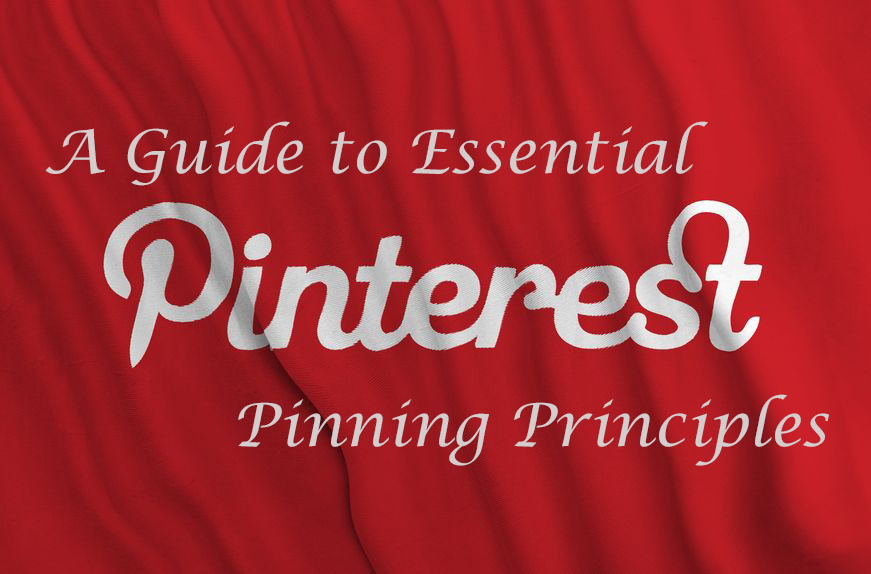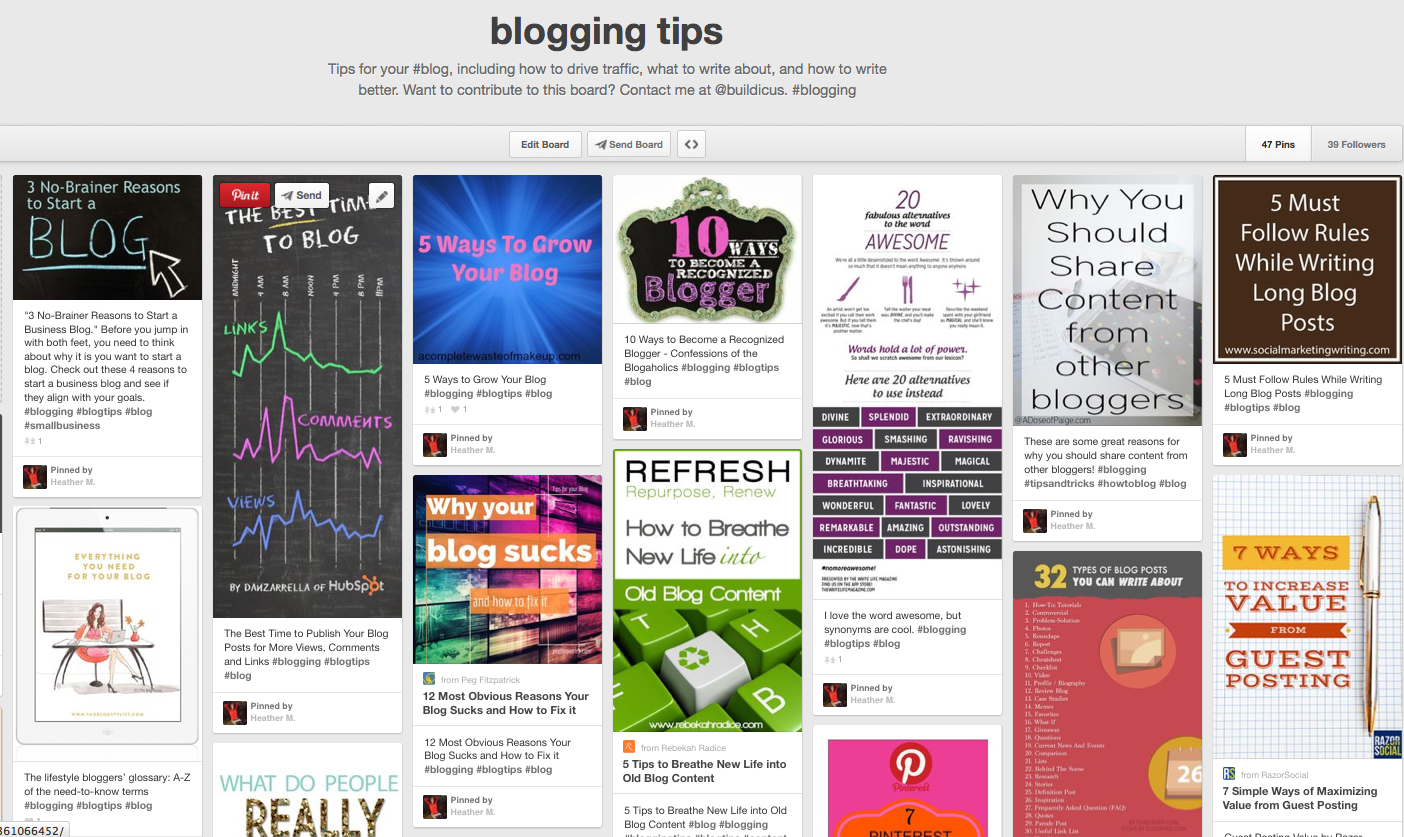4 essential Pinterest pinning principles you should follow

So you’ve decide to start a Pinterest page for your small business. Awesome! Now what?
Pinterest offers great tips for businesses looking to start up their own pages, such as how to actually get started. It also gives you the basics of Pinterest pinning principles, including:
1. Put pinners first
This means thinking about what inspires pinners, and may include some research on your part (ugh, homework?! Sorry.).
A quick glance at general Pinterest topics will show you what’s popular, but here you can learn more about analytics, and how to determine which of your specific pins get the most action.
2. Curate your collection
One’s first instinct when setting up a page on Pinterest is to just pin, baby, pin. You see things you like, you pin them without much regard for what others think. But remember, you’re creating a collection of sorts, like an art collection, and you want your collection to attract and makes sense to potential customers.
The best boards focus on one topic, but that topic can be as broad or as general as you like. If you’re a travel company, you can set up a board filled with beaches from all over the world. Or you can have one board for sandy Caribbean beaches, and one for rocky beaches. There’s no limit to how many pins you can have — you can have as many or as few as you like — but aim for at least a couple dozen or so per board. One board with three pins isn’t going to keep someone on your page for very long.
Check out my board on blogging (actual board is found here). I choose pins based on what I think will be most helpful to those looking to enhance their skills.

3. Show what inspires you
This is great advice. Sure, you have products you want to sell and that’s your reason for setting up the Pinterest page, we all know that. But people on Pinterest don’t want to be sold products, they want to be sold a lifestyle.
Pinners want inspiration, which you can give them by showing what inspires you. As Pinterest says, “Create boards for the ideas, places, people and moods behind your brand.”
If you’re a jewelry designer who finds inspiration in nature, create a board for that.
4. Be authentic
Like all social media, the point of Pinterest is to make connections. You want customers to feel your company is one they can trust, and that means connecting on a human level. If they see that you have a board dedicated to music that keeps you going throughout the work day, they know there’s a real, live human running your business, one who shares their love of the Rolling Stones (or Justin Bieber — no judgment).
Pinterest can seem intimidating to small business owners who have yet to tread the pinning waters. These basic Pinterest pinning principles can help guide you if you’re new to the platform.




